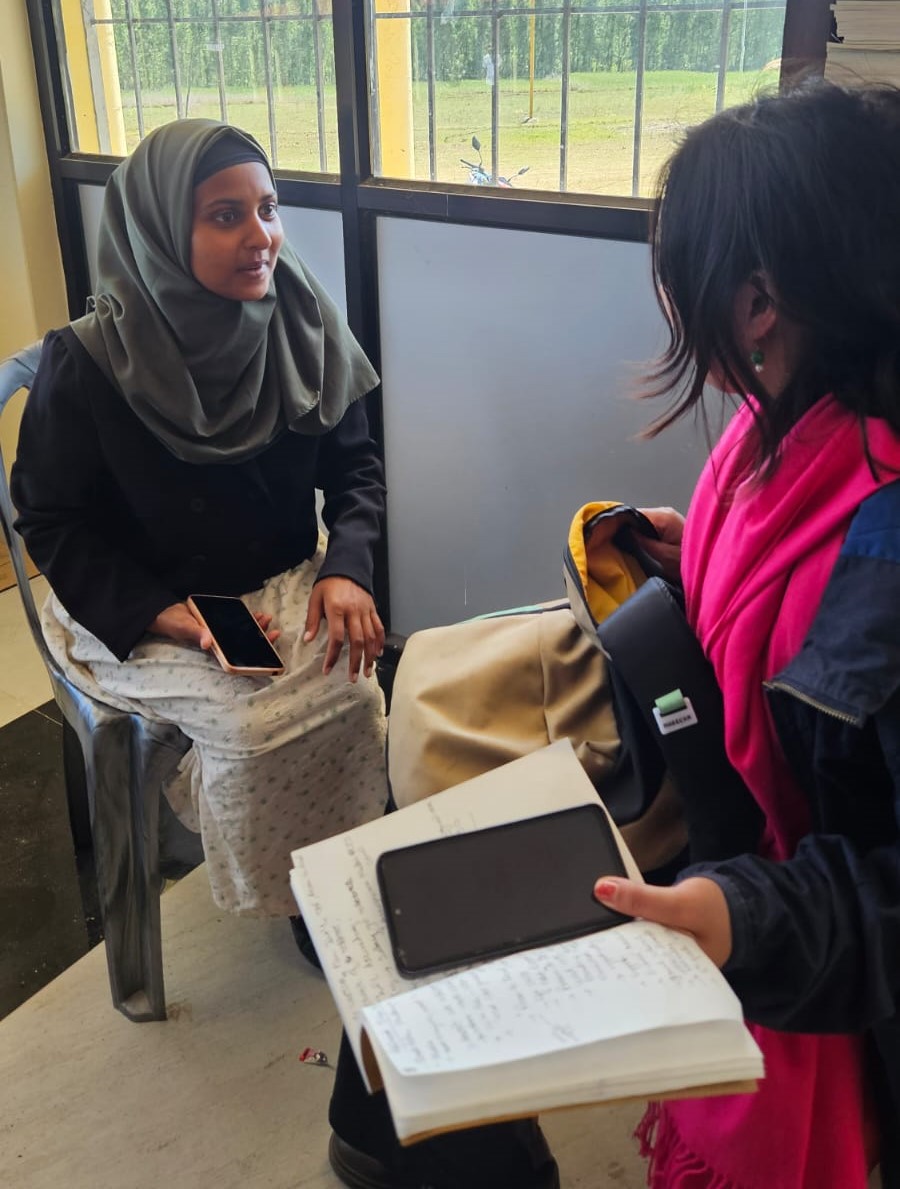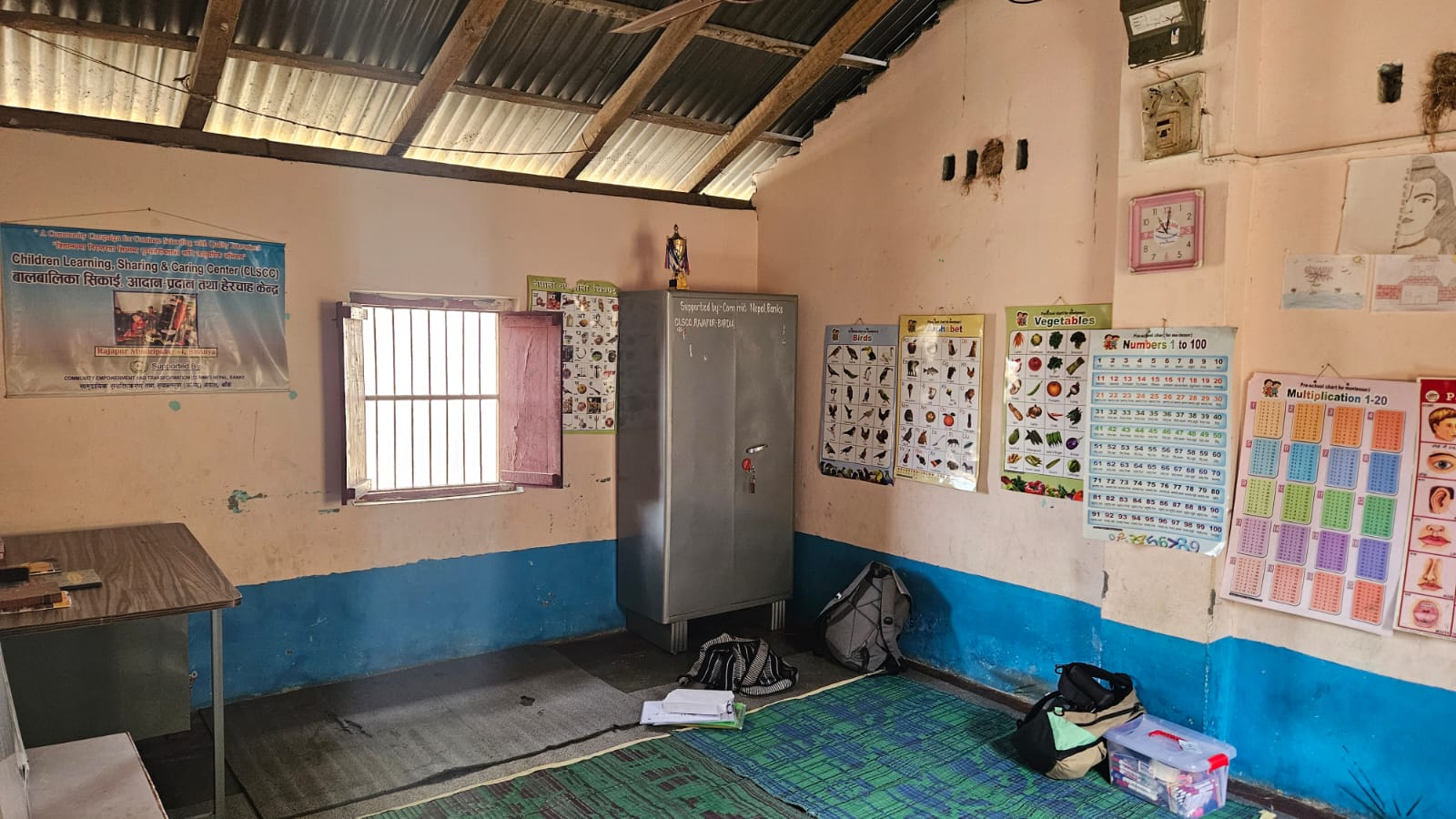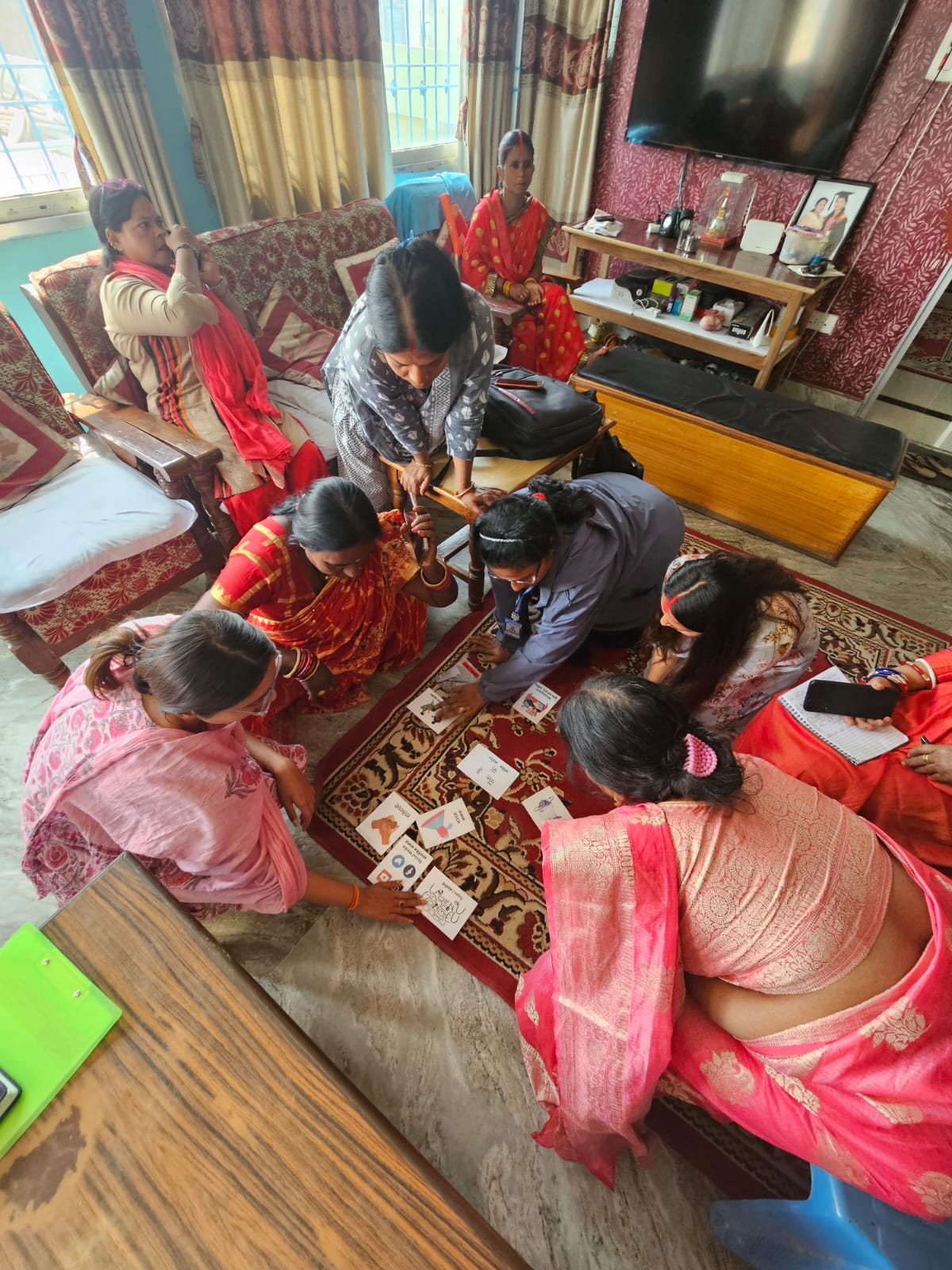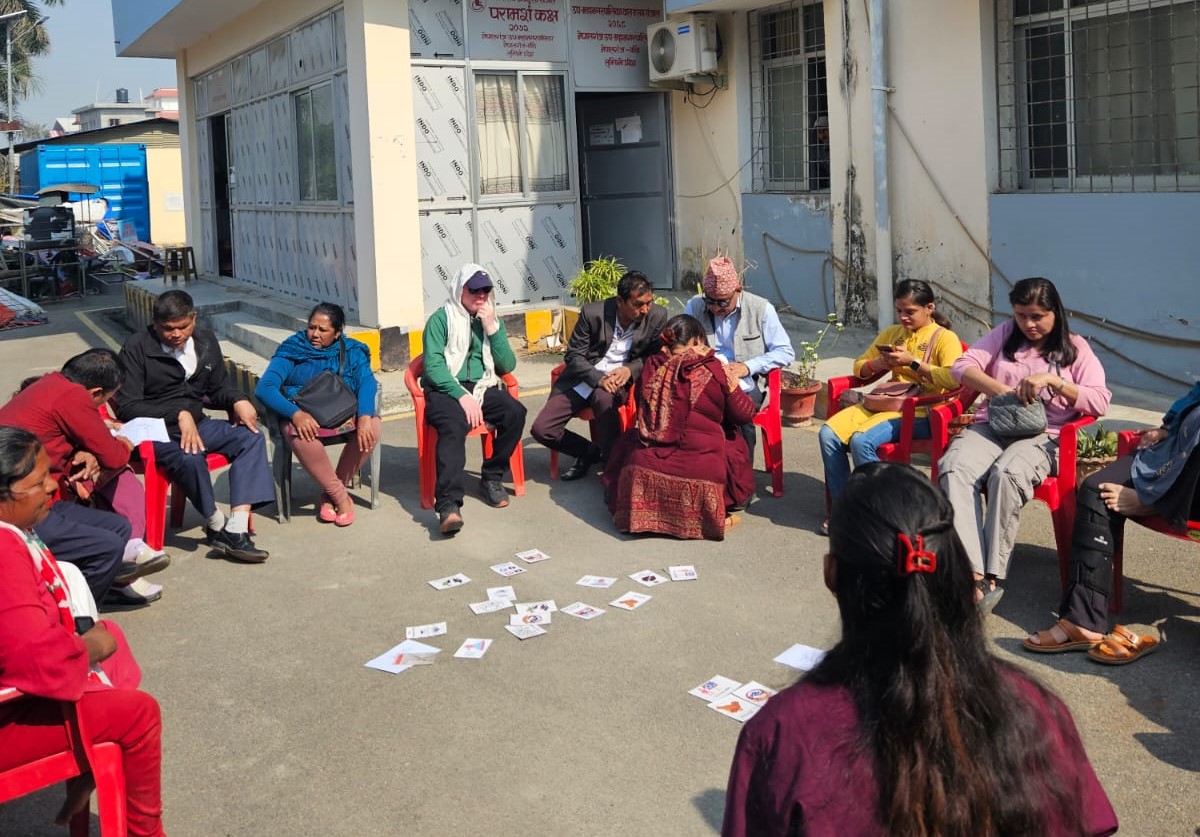Civil society organizations play a vital role in advocating for the rights and interests of communities. They act as catalysts for social change, fostering civic engagement and empowerment. Through their initiatives, they amplify voices, bridge gaps, and promote accountability within society.
Impact Hub Kathmandu is back in action in Lumbini and Madhesh provinces as the strategic partner for the USAID Civil Society and Media Program. The first leg for year two of the program started in March when we embarked on our journey in the search for grassroots civil society leaders and nascent organizations in Banke, Bardiya, Bara and Parsa districts of Lumbini and Madhesh province respectively.
Our Human Centered Design Research took us back to history, exploring the intricate web of social and political transition in the communities, allowing us to hear powerful stories of change and resilience alongside raw realities that demand acknowledgement.

“The exclusion of people with disabilities from programs by both organizations and the government often stems from the misconception that our inclusion necessitates a hefty financial investment.” – Disability Rights Network in Nepalgunj
Civil society leaders with disabilities are often excluded from capacity development programs because organizers are not willing to invest and accommodate their needs. This has left many people with disabilities behind to gain skills and knowledge to build and strengthen their advocacy and network.
In Rajapur municipality, Bardiya, a single-room learning centre serves as the sole sanctuary for Badi women and children. Once renowned as a community of music and entertainers, the Badi women are now fighting the stigma of prostitution making them vulnerable to bullying and sexual harassment. Although they are supported by emerging Badi female leaders in their quest for rights and recognition, capacity development remains crucial to empowering emerging leaders and reclaiming their agency.

Compared to the previous year of the program, Bara and Parsa districts in Madhesh allowed us to meet active women and LGBTQIA+ networks working to address gender-based violence and discrimination. Although a different place, what remained the same was the political influence limiting women and vulnerable groups to access justice.
Women’s rights activists, leading the charge often face mental and physical harassment. Invited into the home of one such activist, we found a safe haven where women could gather, away from public scrutiny.

“While men convene easily in public, cultural constraints often burden women with unnecessary concerns from the public” –Women’s network in Bara
During our visit, we noticed that many LGBTQIA+ activists are tackling various issues, with programs offering steady jobs to the community. While it’s positive for inclusion, there’s a need to empower and fund the queer community further in advocacy efforts. Similarly young Dalit women from Musahar and Chamar communities, are constantly in the lookout for opportunities, seeking to work in the forefront.
